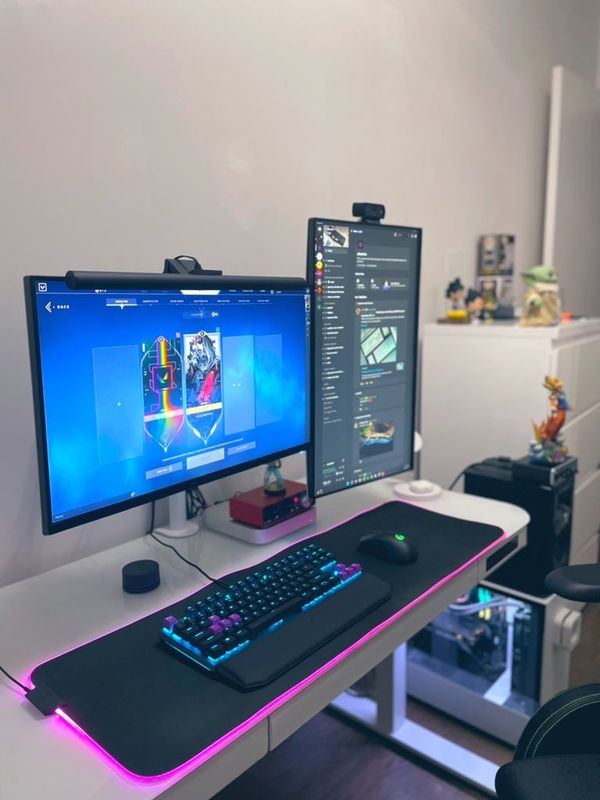The main idea was not necessarily to write a book for the simple reason that it is hard to do so and we do not always know how to transcribe emotions. Personally, I have recently started to read and took a liking to it. In addition, it takes some experience to tell yourself that you have mastered a subject well enough to turn your thoughts into words and put it all on paper.
A book ? Why ?
I think that reading a lot of books to learn how to do something and telling yourself that you are learning about it is not very relevant to begin with. This can be easily seen with many people who learn about different subjects by practicing rather than actually reading. However, I find that learning from both successes and failures shapes us when we practice. It's a way to make mistakes without repeating those of others. We are truly forged in this process.
Books can also seem outdated by definition. By the time you read this, I may have changed my view on the subject. The objective is to share my experience in a field I am passionate about and for which I have always wanted to be an actor, from afar or close by.
Those who are able to feel passion, can inspire it. ― Marcel Pagnol.
Speaking of passion, this is also an opportunity for me to write about a subject I just can't get enough of. What's more, writing a book is a rather interesting literary exercise that I never had the courage to do. It can be seen as a kind of test, a process that forces me to organize my thoughts and reproduce them in a book.
Then there's the slightly more realistic part where what works for me won't necessarily work for everyone. Nevertheless, I plan to create a kind of guide through this book with the different steps that will allow you to create an esports organization. Note that the process of creating a product will be similar. Thus, you will have the possibility of recovering certain pieces for your own project since you will find design, electronic commerce, negotiation, management etc.
I don't want to give people bad advice and I feel like that's the promise in the majority of these types of books. This book will probably not make you successful. It all depends on you and the opportunities that you will seize later on. It will give you the basics to create an esports organization or any other brand/product to make your first sales.

The desire to write a book
Despite the various reasons that prevented me from starting to write such a guide, I still had the deep desire to do it. Paradoxical, isn't it?
So yes, I want to write this guide because it's really the type of book that would have served me well when I wanted to build my own brand. The media used to show esports (and more generally games) in a negative way, although this is slowly changing.
On another note, people often think that you have to create a million-dollar brand, that you absolutely have to be in San Francisco and create a network to raise $5, $10 or $20M in investments. Not to mention the army of developers who will have to work 24/7 and eat pizza in front of their computers. Well, it's a huge stereotype but am I so far from the way we want to present start-ups?
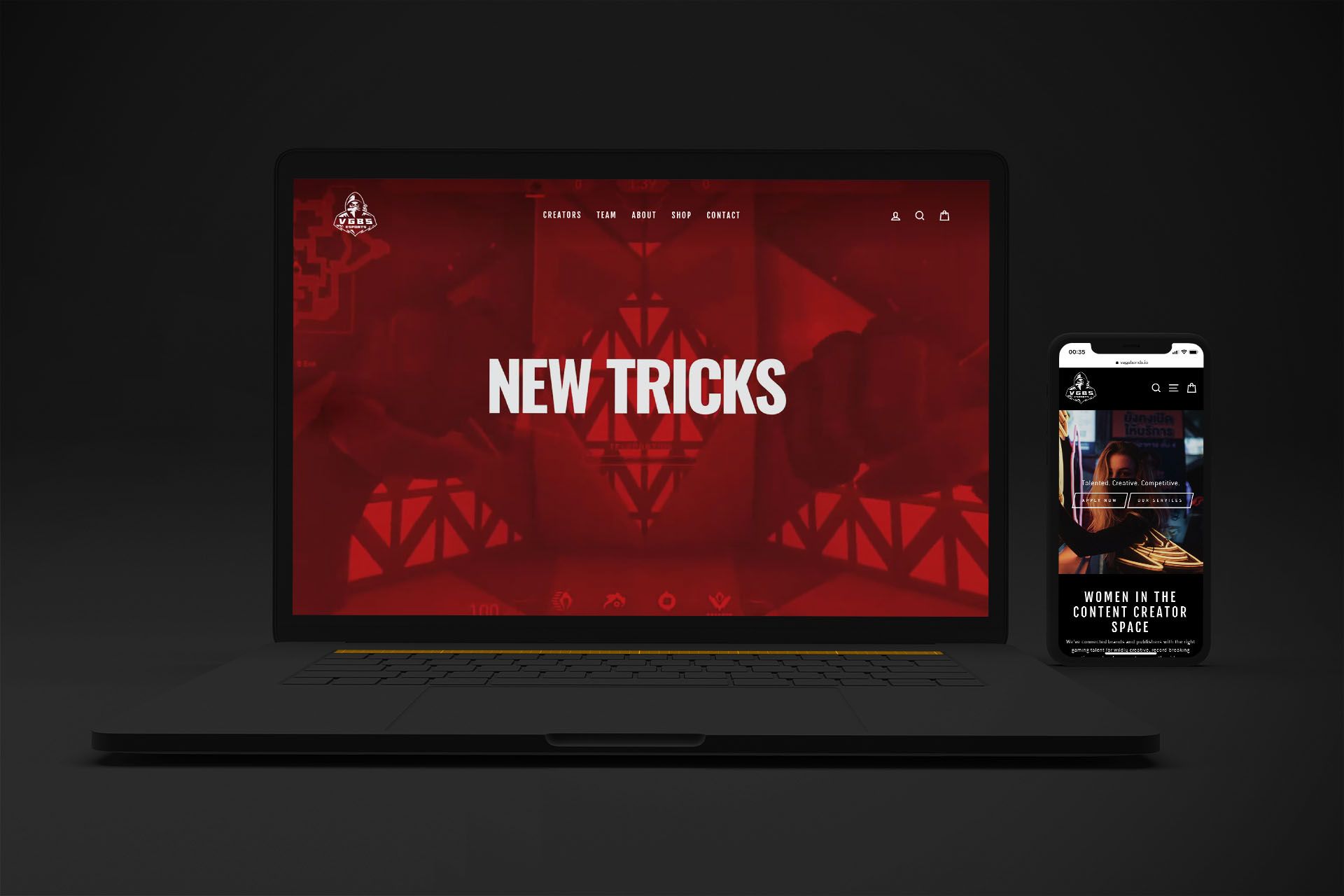
You probably won't find funds immediately to help you build your organization, but that doesn't mean you can't do it on your own. Besides, investors will probably be your competitors as you have chosen to build your brand independently. I'm not telling you that you'll be their target to shoot, but rather that you'll be the opposite of a fundraiser that you absolutely don't need to get started.
Become a indie maker
You are probably wondering what the practical alternative is if I can't use external funds. How about doing everything yourself and building a small side project to your main business until it becomes a bigger project? The objective is to allow you to leave your job to devote yourself 100% in this project with which you can generate enough money and live. This way, you can simply create your own company, allow yourself to invest well and enjoy more freedom.
This method is called bootstrapped and means that you are financially self-sufficient in the process of creating your organization. You use the resources you have to get started. We also realize that we have a lot of help to make our way alone! Creating a bootstrapped business and reaching your goals will be an easier success than aiming for billion dollar investment funds.
You don't need to have a multi-million dollar income. You will have already passed a satisfactory level if you can live from your activity by paying yourself a salary and reinvest the rest if necessary. Any extra money would be a big plus but most of your list will be checked off! Then you'll probably have less stress to deal with, be happy and have plenty of time for friends and family 😊

However, nothing prevents you from aiming higher in the future... Creating a bootstrapped company does not force you to aim small. On the contrary, proving yourself as an indie maker with a good income will help you when it comes time to attract investors. They are often very fond of good results and sales history. This will be to your advantage as you will have the freedom to act and move forward quickly when your neighbors are pitching to their potential investors.
The approach is honest. I think that writing a kind of guide that will allow you to develop your knowledge in sales, e-commerce, design or management, is enough to give birth to this guide. If I can get you started and have even a small influence on your future projects, I will have achieved my goal. Especially since the project that will be presented to you in this book was intended to enrich the visibility of creators in a field that is not inclusive enough, even in 2022.
Why follow my advice?
After more than 10 years in e-commerce, I went from small unsuccessful projects to selling products with many customers. La plupart du temps, ils ont échoué misérablement. It is through failure that we learn from our mistakes for other projects that have worked.
As I write these words, some of the products have generated over $1M in annual revenues with a margin of over 50%.
The important thing about this guide is that you will see what went wrong and why so you can avoid making the same mistakes. Not all of the strategies that have worked in building an esports organization may apply to your field. Nevertheless, you will be able to confirm or acquire simple techniques to build a product from scratch (or almost).
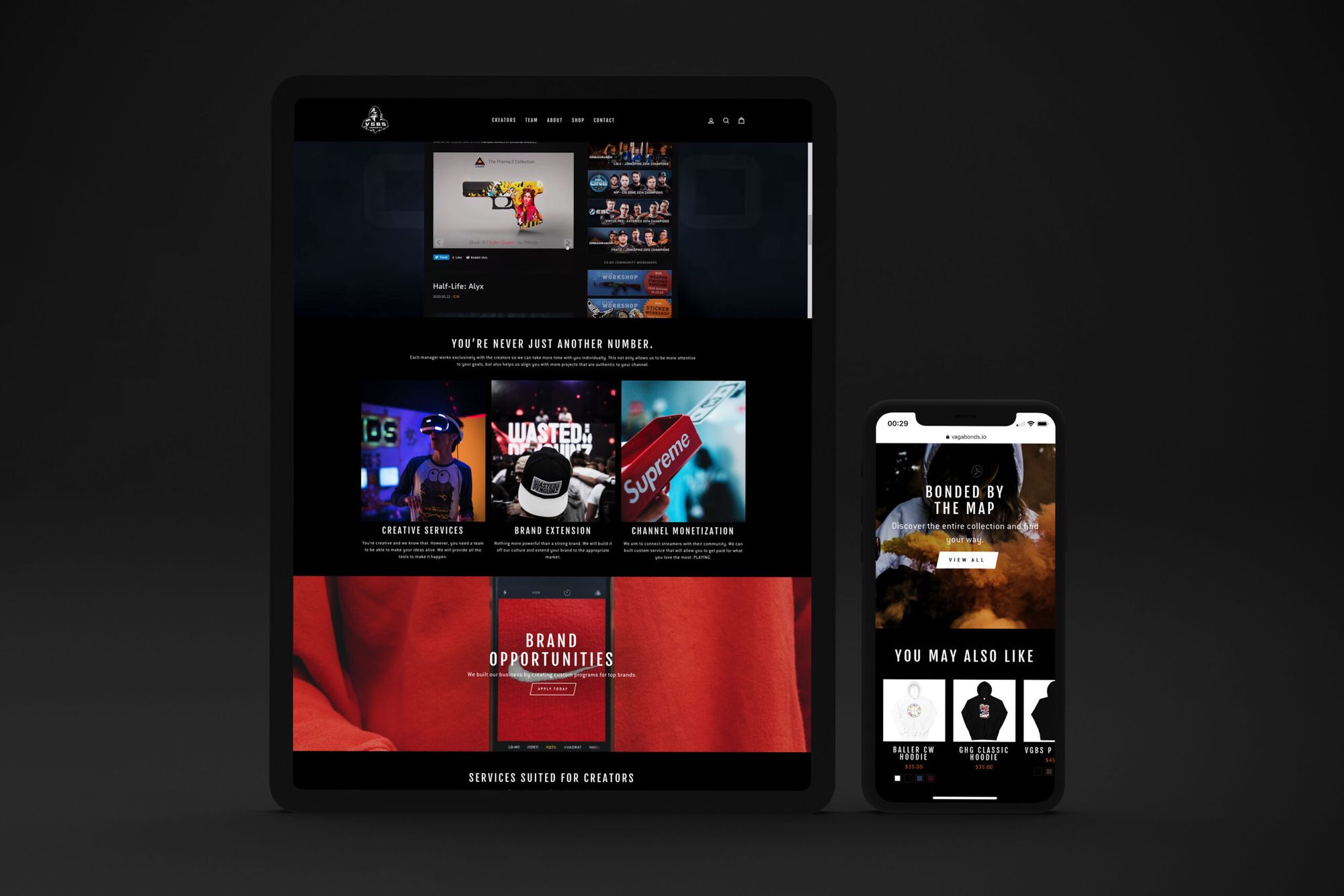
People who try and fail rarely write books about it because it seems to sell less. So you will see a number of failures with the rational explanation attached. There will also be successes that come from learning and that have allowed me to advance.
Summary of my memory
I asked myself a thousand questions when I was creating brands or products and even more with the esports organization. I didn't have all the answers so I had to face it and find solutions myself. There are sources of inspiration and some answers all over the internet but I would have liked to come across an A to Z method before starting. I also think that it could have been my only reading before entering the arena. This is why this book is for me the easiest way to transfer my knowledge.
Everything I learned during this experience can be found in the guide I am writing. It is therefore a summary of my memory that I wish to update as I go along and according to the comments as well. It may be a bit messy although I will try to organize my thoughts as best I can. This is my first book so I will put a lot of love and time into it. Besides, I hope it will be received as a way to give back to the community and that people can use it as a guide to create their next successful project!
Product, startup, site, web applications
You will see these terms throughout the guide. Some synonyms will also be used so as not to be (too) repeated. Why? Because most of the theories and practices listed in this book apply to other markets. Sites these days are like web apps, and apps themselves are kind of like sites. Some of these sites make products that start-ups sell.
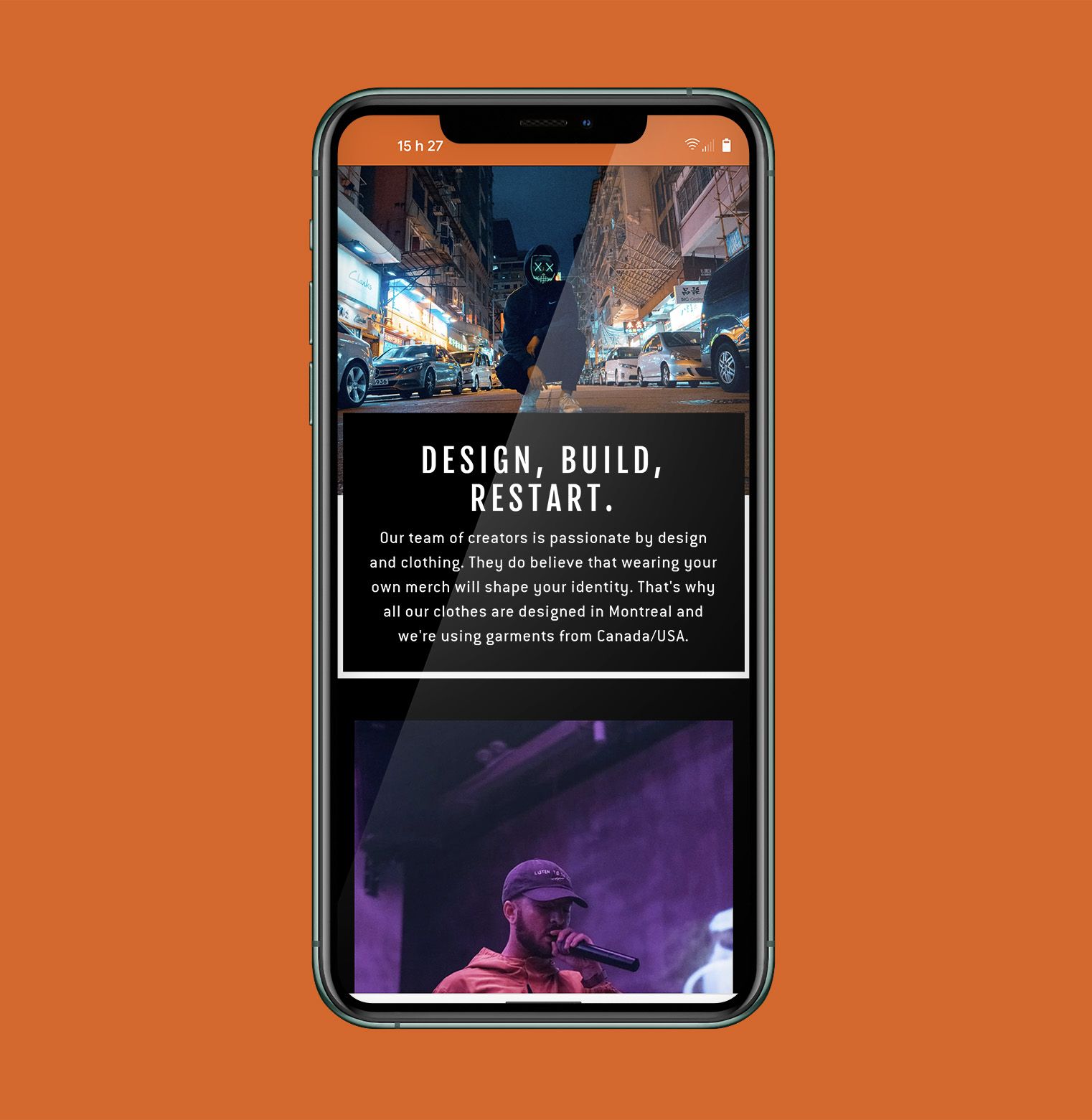
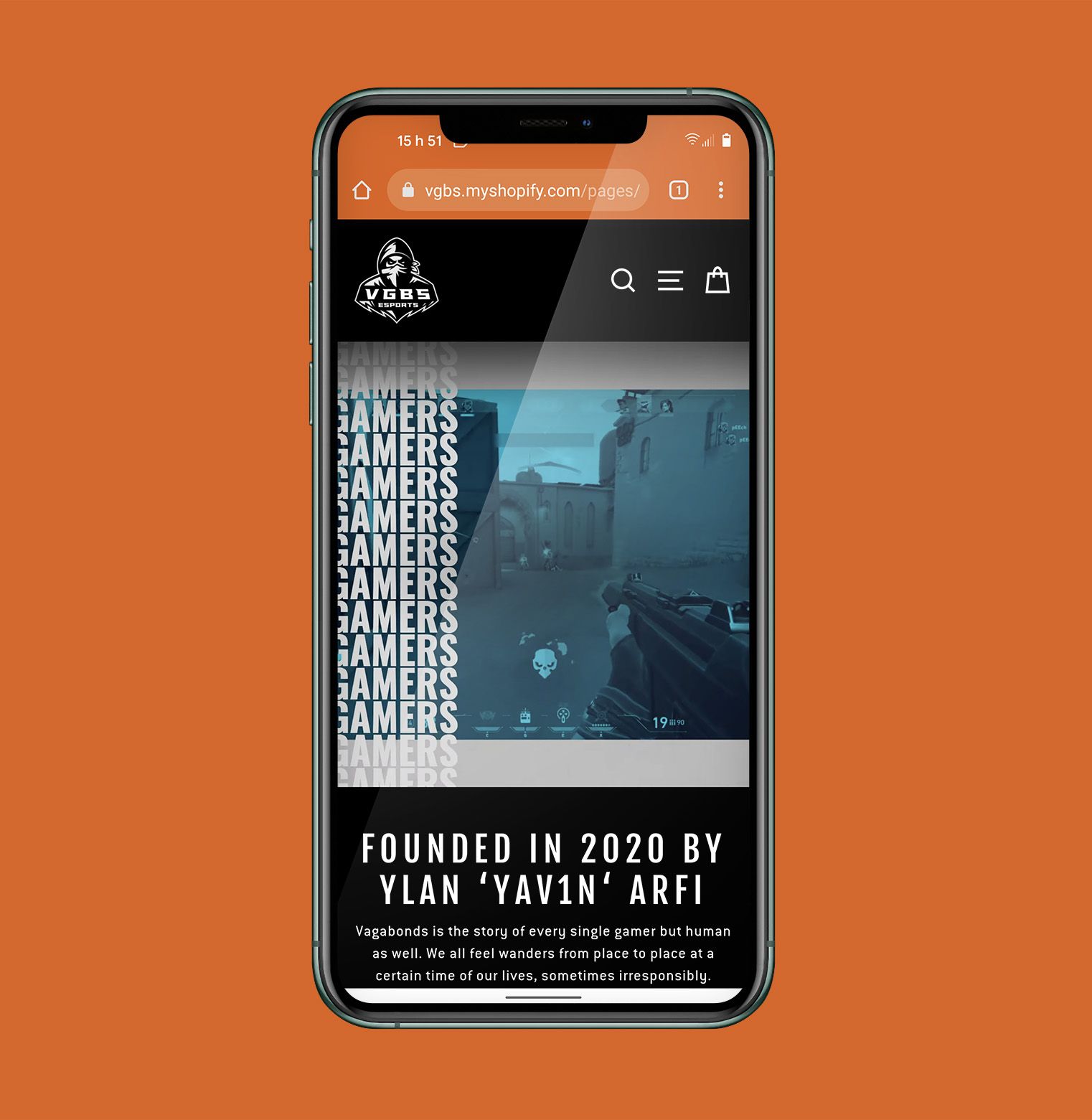
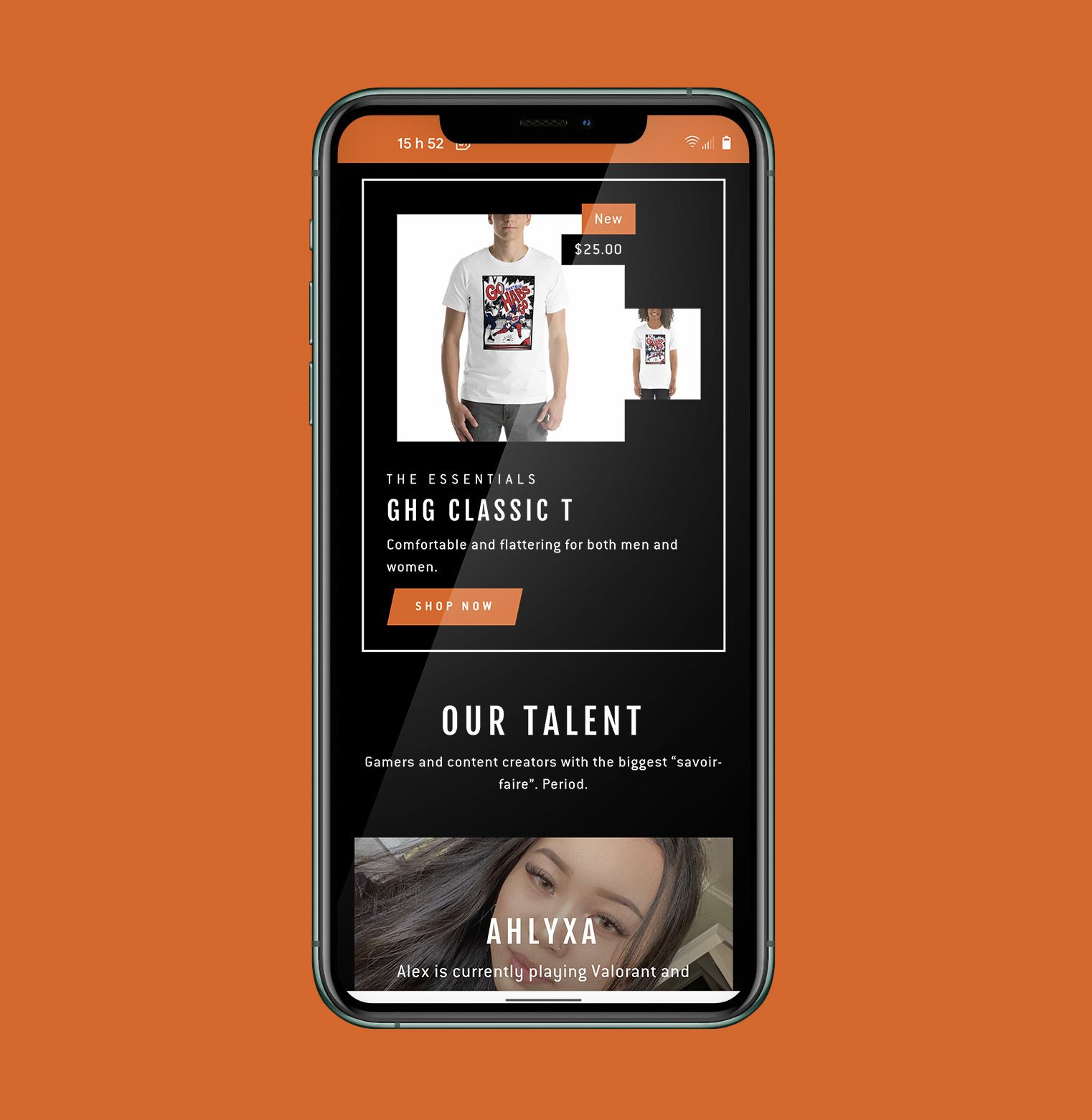
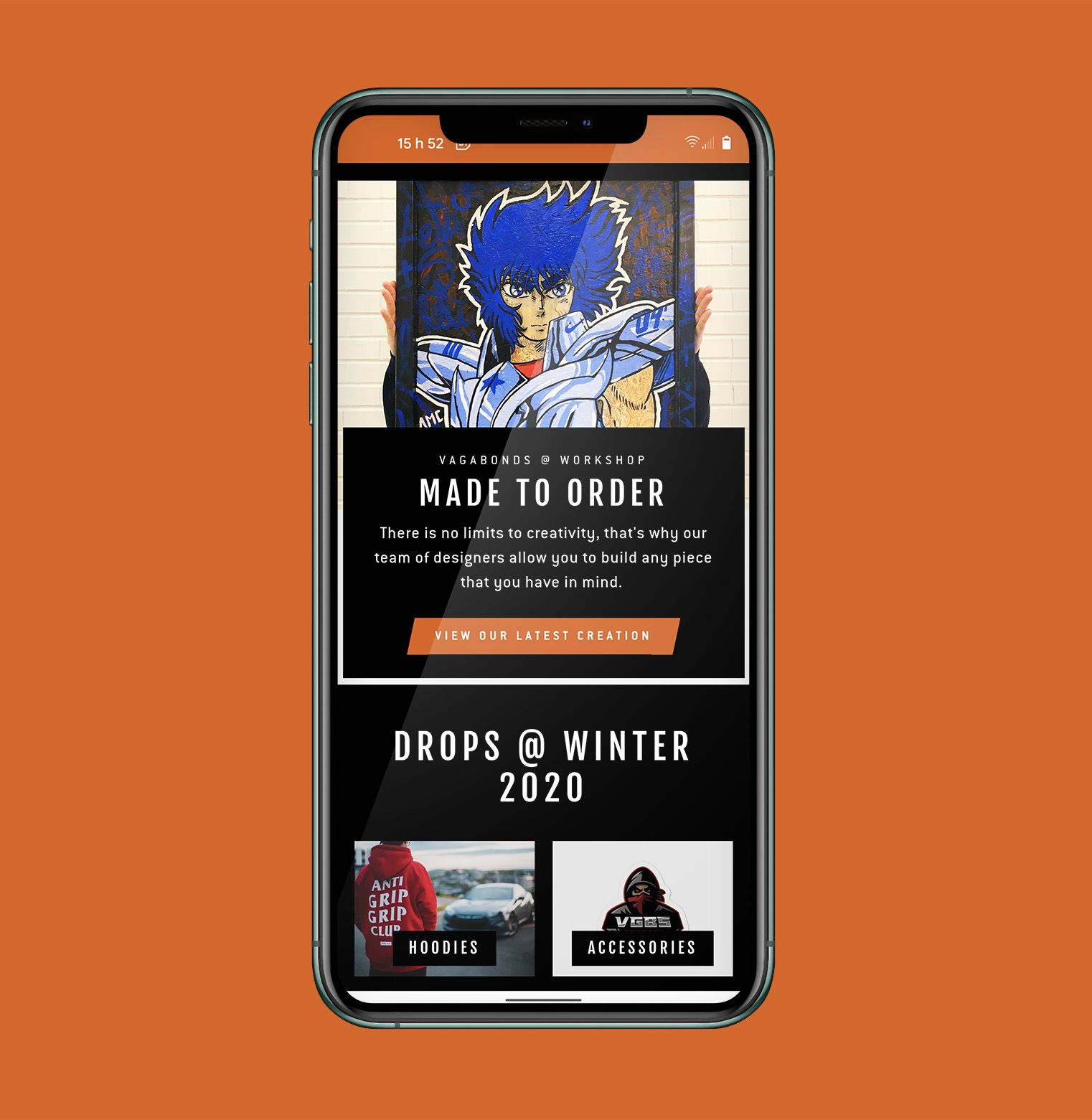
Luck and perseverance
You're probably going to have to launch 10, 15 or more products for a few years before it works. You can also succeed from the first product delivered. Personally, I don't know anyone to whom it happened so I prefer to clarify it from the start. The approach is simple, you build products and see what works. If something doesn't take a minimum at first, chances are it won't take a long time so don't hesitate to create something new and try again. You will have signs that will show you whether what you are doing is working or not. On the other hand, you will have to be patient, very very patient and improve your processes continuously.
However, it is also possible that nothing you do will work. The guide aims to be honest and it will probably contain things you don't want to hear. On the other hand, it is by taking action that you will learn. This learning will guide you to something else. This something else may be a doorway to a project that will work. It's all about the pivot, at the right time. If you do nothing, you can be sure that nothing will happen. So go for it!
The practice
We often see it when we read feedback, but it's guaranteed: taking action allows you to learn, make mistakes, adjust and improve over time. It may sound a little redundant, but the goal is to learn how to take action and deliver a product even when faced with obstacles. This guide is a collection of ideas that can be good or bad depending on what you want to create. On the other hand, your determination to execute will be the denominator element on which the sequence of events will depend. See this book as a way to learn for yourself. There is no best way to do things, there is YOUR way.
Dream versus reality
When I started this project, I thought it was going to be challenging yet simple enough: Creation of the organization, launch and then start generating my first revenues.
Honestly, I really thought it was going to be like that. I had analyzed dozens of e-sport structures, followed most of their creators on Twitter and researched quite a bit on how to best deliver a project. It seemed to me that there was a magic recipe that could be applied and that with my experience in e-commerce, everything would be fine. My head was filled with successful organizations with many teams and employees in beautiful offices.
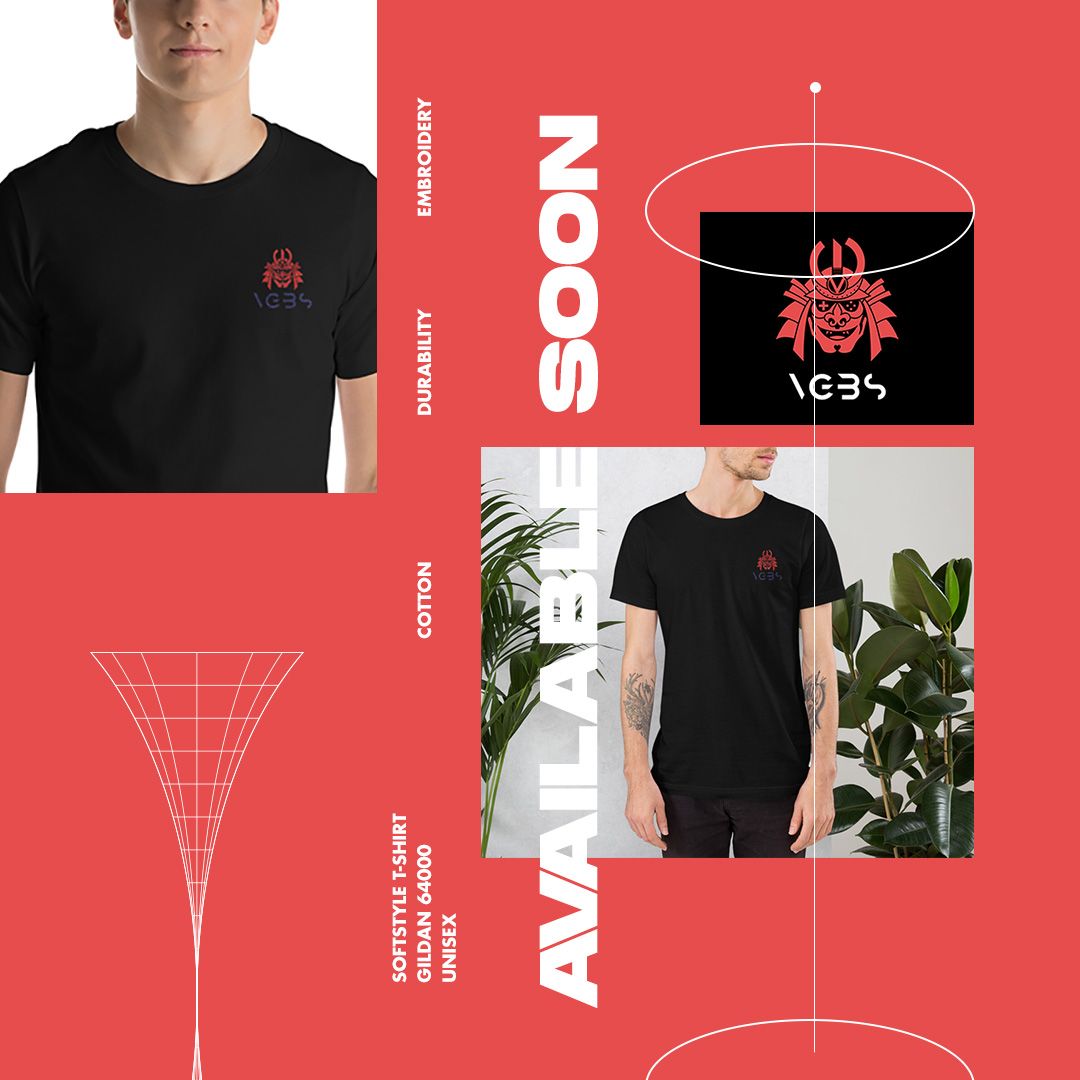
As you can imagine, it was much more difficult than I expected. Initially, my goal was to build the foundation of the organization. I didn't think yet that I would find ways to generate some income when it was going to be so important. Otherwise, the model would fall apart in no time. I quickly faced a lack of skills to find a differential asset but also to develop the structure and recruit. Very quickly, the urgency of how to market and grow the product would become apparent.
What I didn't know how to do :
1. Recruit streamers / players
2. Write content
3. Writing SEO articles
4. Create a community
5. Measuring my progress
6. Targeting an audience
The list goes on and on! A few years later, I learned each of these aspects naturally. Of course, I've had a few losses along the way but that's the only way to learn the hard way.
So it's time to put it all down on paper. It's a 10+ year apprenticeship in e-commerce and 6 months of self-employment to learn everything I'm about to share with you. As for you, the learning will be done in a few hours I hope.
Still, here's what I did right :
1. Create a brand
2. Refine the image of this new brand
3. Create a website
4. Create a print-on-demand platform
5. Create a social strategy
There are a lot of things I didn't do right too. I didn't find a mission from the start, I didn't find streamers until I launched the brand, I didn't figure out how I was going to monetize the structure... This isn't a success story but lessons I learned from creating my own esports organization.
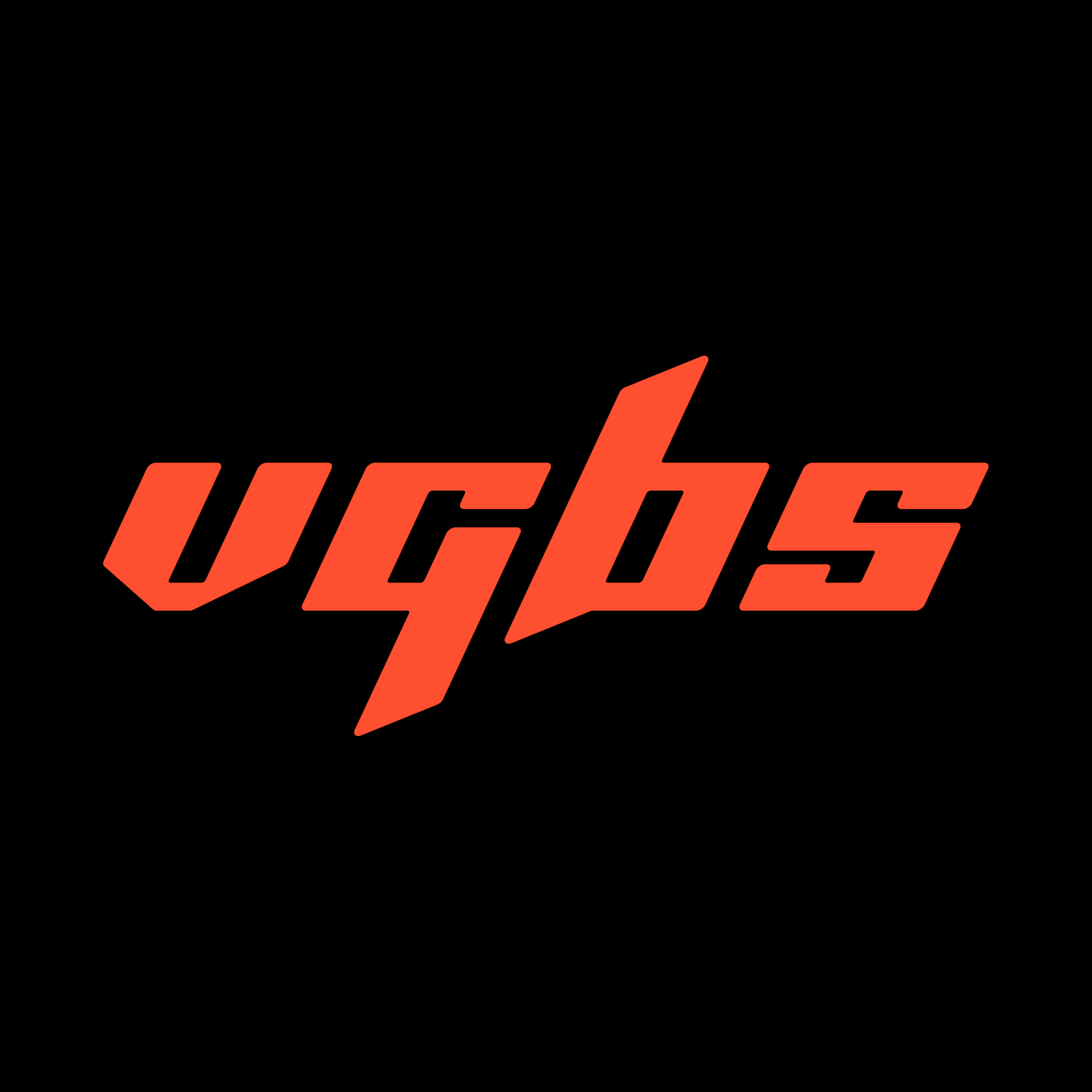
What to expect?
This guide is a compendium of everything I wish I had known before I started. Once you have finished reading it, this book will give you a clear idea of what it means to create an esports organization. It will not only be the creation of a product, you will have visibility on all the challenges you will have to face to complete your project. You will be prepared for any eventuality and will not be afraid of anything! From now on, the mistakes you make will be an asset for you.
I will show you how I created an inclusive esports organization whose mission was to give more space and visibility to women in the gaming industry. If you are at the beginning of your journey, the objective of this guide will be to try to help you take shortcuts and ask yourself the right questions at the right time.
If you are considering jumping in and putting all your time into this new experience, I hope these lines will give you some clarity and increase your chances of success.
If you are an experienced person and are not at your first product, I hope you will find your way in my writings. Who knows, maybe it will give you other ideas and you will decide to go for it, once again! I also hope this will make you want to share more with the community. As I said at the beginning of the introduction, the goal is to practice writing and passing on what I know as best I can.
It is important to clarify one crucial point: This guide is not a guide in its structure. Do not expect to follow a list of tasks towards success. There is no such thing in my opinion. It is more a reflection on the obstacles and how to overcome them, all alone, or almost. You'll see, at the end of each chapter, I do a little recap of what you need to remember.
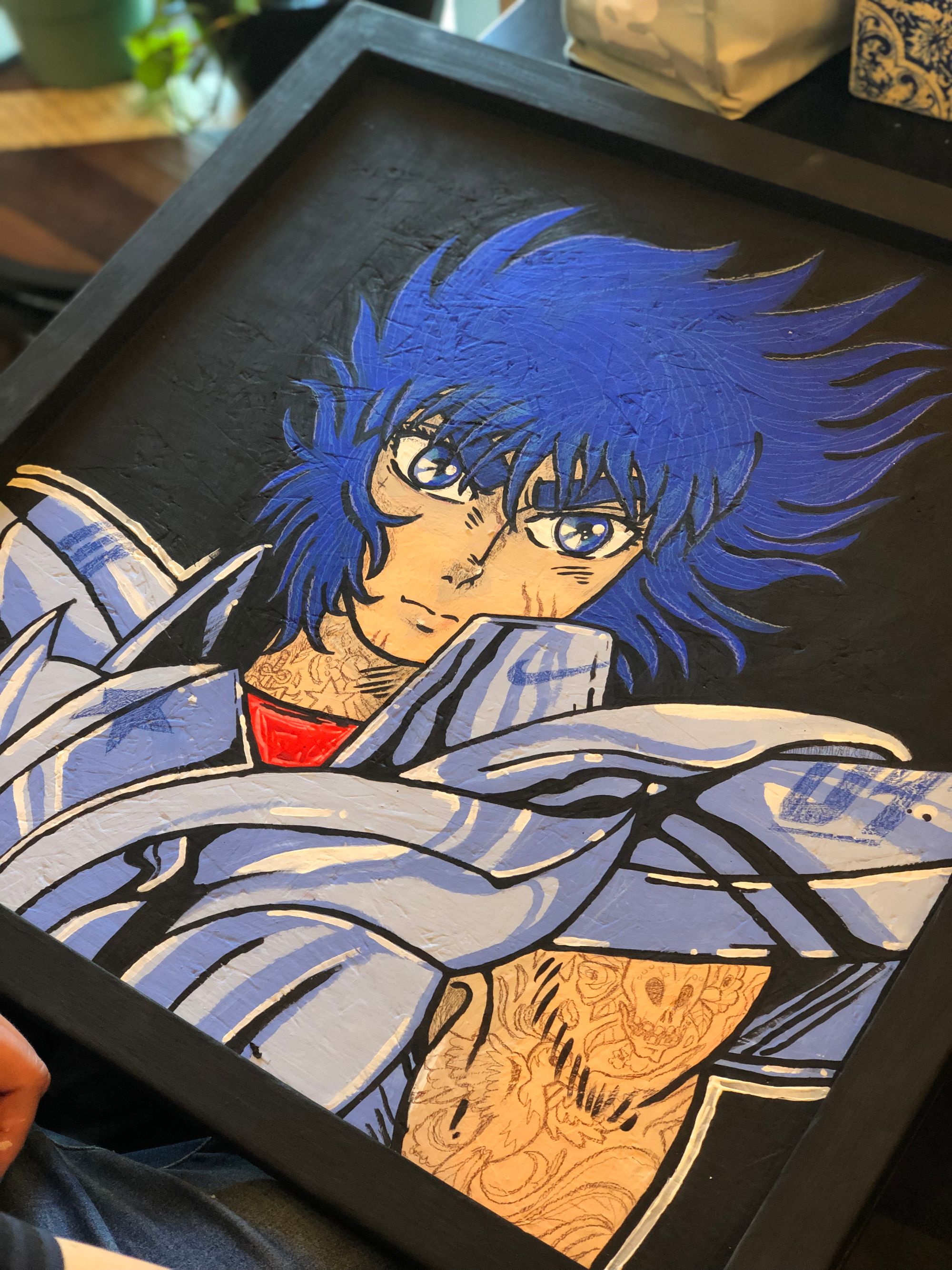
To keep it simple, this is what it will look like:
1. Learnings
2. Tools used
3. Models used
4. Resources
5. Help
Think of it as material, a plus in your learning. I will try to refine this section as needed.
I am not an expert
I make no claim to be an expert in entrepreneurship. I only share my experience and what I have learned along the way. Apart from the theoretical books, you will have a case study on a human scale. A concrete case.
I don't think the word "expert" is appropriate anyway. We shouldn't wait until we are "experts" before we share our learnings. We accumulate so much knowledge that we can share it at any time. You'll notice that by being curious, we know more than most people about a subject.
If I had waited until I was an expert, I probably never would have shared those words. Maybe I would have even forgotten it! It's already been 2 years and I'm already forced to dig in my memory... That's why I truly believe it's important to write, teach, share through our mistakes. We definitely learn more this way.



